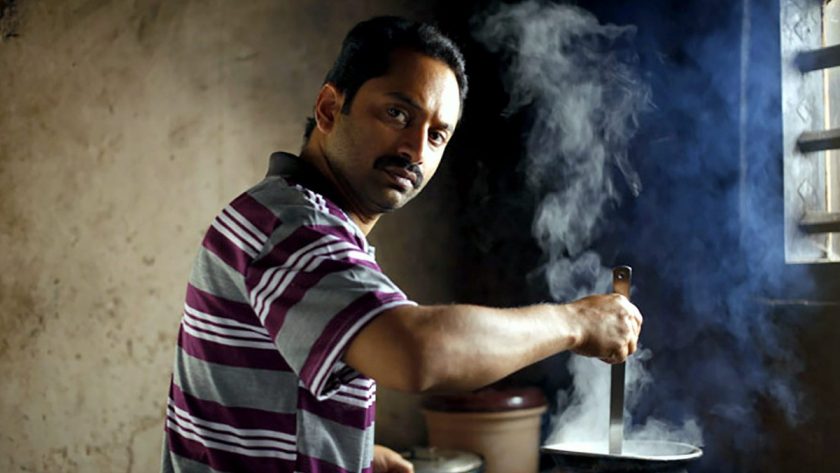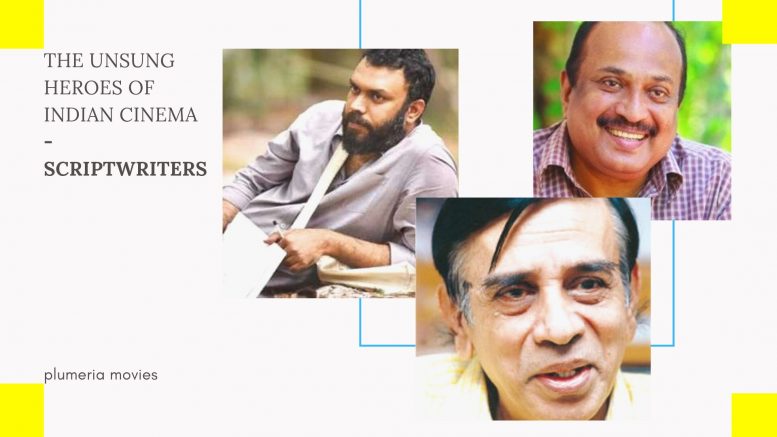The 80s and 90s are called the golden era of Indian cinema when we have made great and memorable contributions to world cinema. The recent Oscar nominations triggered in many of us South Indians, a certain kind of aggression, as to why our art is being considered to be secondary to Hindi films. There is another bigger question that many of us have blissfully ignored – why has India’s Oscar entry never received the award for the ‘best international/foreign film’? Is it because, in reality, our films are of a lower quality when compared to world cinema or is it because our nominations are wrong, or may be because we fail to recognise great art and its original craftsmen?
Cinema, around the world is considered as either the director’s or the actor’s craft, depending on who is more famous and influential. South Indian Cinema has always given more importance to the actor – our films are known in the name of the actor. There is definitely nothing wrong in it. An actor’s performance can make or break a film. In the glitter of fame and looks, we tend to neglect the craft of the maker, and the scriptwriter whose brain child is what we see on the screen and grips us to the theatre seats.
The recognition
It is a matter of curiosity as to why the large community of critics and cinema addicts have never given a thought about why the makers who produced such remarkable films in the 80s and 90s, and the actors who gave their best performances could not continue doing it as beautifully in the era after 2000. Why couldn’t such performers and directors continue to be as artistic as they were. Such a thought leads to only one answer – the absence of the scriptwriters and storytellers who endured the pain of giving birth to their brainchild – the films that mesmerised and inspired us.
To take an example is the master craftsman Joshi. He had given us masterpieces like New Delhi (Malayalam) in the 80s, and many of us had looked forward to his return with the film Porinju Mariyam Jose, which was a huge disappointment for us, Joshi fans. Many of us are not aware that Dennis Joseph, who also wrote Aakaashadoothu, was the writer of the film New Delhi (1987), as the film is known for being a landmark by Joshi. So why did such a master craftsman not bring his craft to all his movies? If he is the sole reason behind the success of a film, then he should be able to make all his films successful, despite the writer or artiste. However, this is not how things work.

Sujatha and his collaboration with Mani Ratnam and Shankar
Many of us aren’t familiar with the writers who craft the visual magic in our beloved films. While Maniratnam is celebrated, few recognize the writer behind poetic dialogues in films like Kannathil Muthamittal and Aayitha Ezhuthu – Sujatha Rangarajan (S. Rangarajan). He also penned screenplays for commercial hits like Sivaji: The Boss, Enthiran, Boys, Dil Se, Roja, Kandukondein Kandukondein, and more. Unfortunately, he passed away in 2008 while working with Shankar on the movie Enthiran.
However, things have changed from how it used to be, in the film industry. Today, writers are gradually coming into the limelight, and we have sensible filmmakers who know how to use the writer to bring magic onto the screen. From a generation who was not aware that Raghunath Paleri is the scriptwriter of the Srinivasan hit ‘Ponmuttayidunna Tharavu’, or that Venu Nagavalli (the face of depression and grief in the 80s) wrote all those evergreen comedy in the film Kilukkam, we have grown tremendously. Today we are familiar with names like Unni R (Charlie), Muhsin Parari (Sudani from Nigeria), Syam Pushkaran (Maheshinte Prathikaaram), P F Mathews (Ee Ma Yau), S Harish (Jallikkettu) and many other writers who have worked with and more than the directors, actors and other artists.
Syam Pushkaran and the new wave movies in Malayalam
Modern directors leverage writers to enhance cinema art. Lijo Jose Pellissery exemplifies this by having the original writer craft the screenplay for adaptations like Ee Ma Yau (P F Mathews) and Jallikkettu (S Harish).
Dileesh Pothan also values his choice of writers, evident in hits like Maheshinte Prathikaaram and Kumbalangi Nights, brilliantly written by Syam Pushkaran. Emerging duos like Suhas-Sharfu, creators of Varathan under Amal Neerad, show more talent breaking through.
Writing is akin to giving birth, a metaphorical process where a writer nurtures a story, pouring blood and soul into it until it flows onto paper. Every writer is a metaphorical mother.

A traveller at heart, writing is my art. Love is my God and this world is my home. Music is the drug and Cinema is the flame.


Be the first to comment on "The Unsung Heroes of Indian Cinema: Scriptwriters"